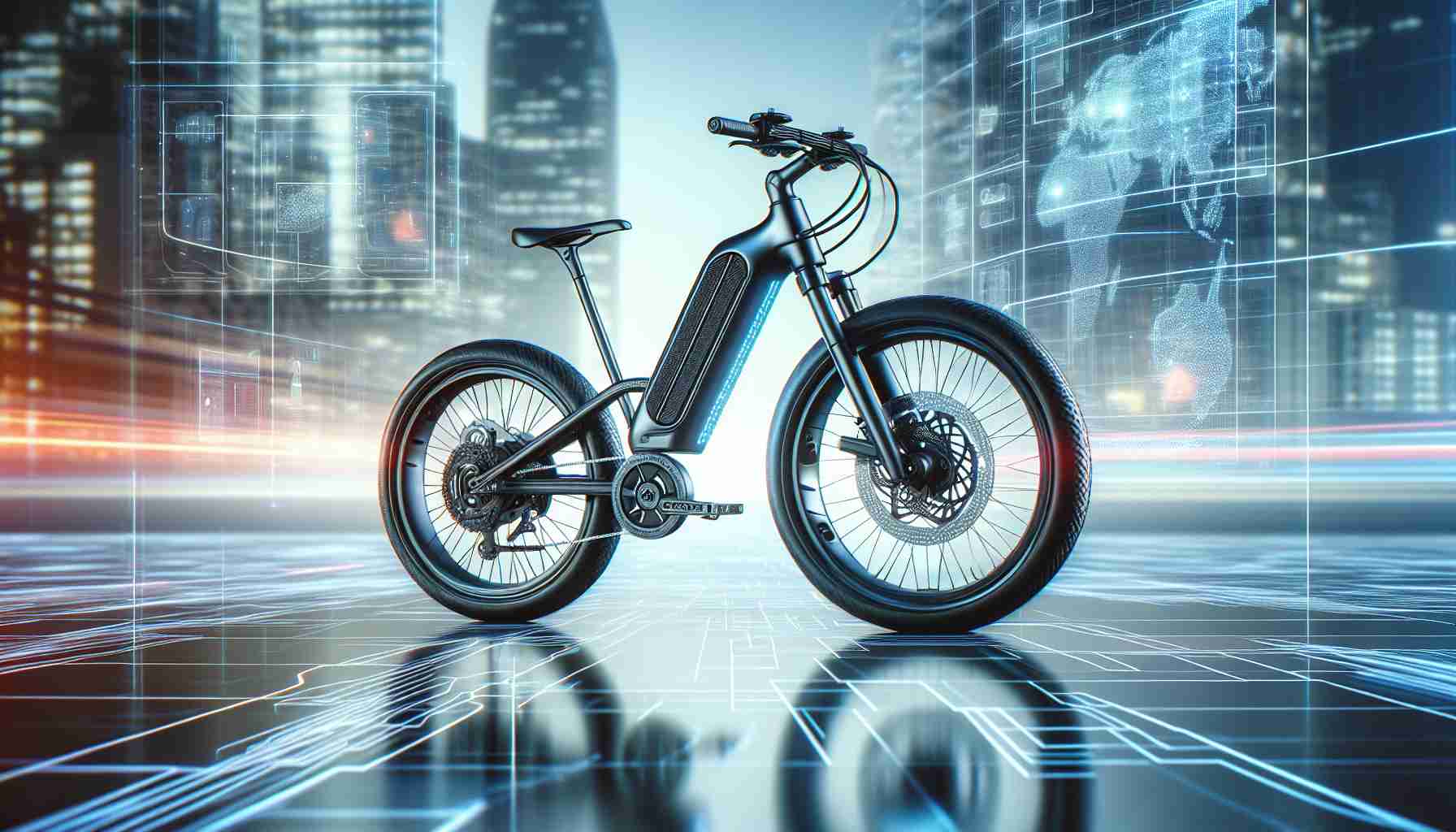The e-bikes market is experiencing exponential growth and is expected to reach a value of USD 122.7 billion by 2030, with a compound annual growth rate (CAGR) of 11.6%. E-bikes, equipped with electric motors, have become increasingly popular globally as a greener and more cost-effective mode of transportation. They provide riders with assistance, making pedaling easier and extending the range of travel. In addition to reducing emissions, e-bikes offer numerous benefits such as improved health outcomes and enhanced accessibility.
While the e-bikes market includes various types of products like pedal-assist bikes, throttle-controlled bikes, and cargo bikes to cater to different consumer preferences and use cases, it is not without its challenges. One of the main challenges is the initial cost, which can deter consumers on a tight budget. However, falling battery prices and government subsidies are making e-bikes more accessible and affordable.
Another hurdle is the lack of clear regulations regarding power output, rider licensing, and speed limitations, which can be confusing for both manufacturers and customers. Establishing precise regulations will promote market growth and ensure safety standards.
Despite these challenges, there are numerous opportunities for the e-bikes market. Bike-sharing programs and investments in cycling infrastructure, such as bike lanes and secure parking, create a more bike-friendly urban environment for e-bikes. Integrating e-bikes into existing mobility services like ride-sharing programs and public transportation networks improves connectivity and accessibility, especially in underserved areas.
Safety remains a top priority in the e-bike industry, with the need for education on safe riding techniques and enhanced visibility. Additionally, global supply chain disruptions, particularly shortages of essential components like batteries and semiconductors, pose challenges for e-bike makers. Diversifying sourcing strategies and enhancing local manufacturing capabilities can mitigate these risks.
The recent developments in the e-bikes market include the introduction of the Pedego Avenue, a new style of electric bike, and the Lil E and T-Rex+ electric bikes from EMotorad. These innovations focus on improving the riding experience, especially in steep areas, and offer sustainability and cutting-edge technology.
In conclusion, the future of e-bikes looks promising, driven by the growing demand for sustainable transportation, health and fitness benefits, urbanization trends, and technological advancements. By addressing challenges and leveraging opportunities, stakeholders in the e-bikes market can unlock innovations and contribute to a more sustainable and equitable future of urban transportation.
The e-bikes industry has experienced remarkable growth over the years and is projected to continue expanding in the future. With a predicted market value of USD 122.7 billion by 2030 and a compound annual growth rate (CAGR) of 11.6%, the potential for this market is substantial Grand View Research. E-bikes, equipped with electric motors, have gained popularity worldwide as a greener and more cost-effective means of transportation compared to traditional bikes or automobiles.
One of the prominent advantages of e-bikes is the assistance they provide to riders. With electric motors, pedaling becomes easier, and individuals can travel longer distances without exerting excessive effort. Moreover, e-bikes contribute to a reduction in emissions, which is vital for mitigating climate change and improving air quality.
Within the e-bikes market, there are various types of products available to cater to different consumer needs. This includes pedal-assist bikes, throttle-controlled bikes, and cargo bikes Bicycle Guider. Each type serves a specific purpose and offers unique benefits. However, a challenge faced by the industry is the initial cost of e-bikes, which may discourage consumers on a tight budget. Nevertheless, falling battery prices and government subsidies are being implemented to make e-bikes more accessible and affordable for a wider audience.
Regulatory issues also pose a challenge to the e-bikes market. Clear regulations regarding power output, rider licensing, and speed limitations are necessary for manufacturers and customers alike. Establishing precise guidelines will promote market growth and ensure safety standards are maintained throughout the industry.
Despite the challenges, several opportunities exist within the e-bikes market. Bike-sharing programs and investments in cycling infrastructure, such as dedicated bike lanes and secure parking facilities Cycling Industry News, contribute to a more bike-friendly environment for e-bikes. Integrating e-bikes into existing mobility services, like ride-sharing programs and public transportation networks, improves connectivity and accessibility, particularly in underserved areas.
Safety is of utmost importance in the e-bike industry. Education on safe riding techniques and enhancing the visibility of e-bike riders will help mitigate potential accidents and ensure the well-being of riders. Furthermore, disruptions in the global supply chain, such as shortages of essential components like batteries and semiconductors, pose challenges for e-bike manufacturers. To tackle this issue, diversifying sourcing strategies and enhancing local manufacturing capabilities can be effective solutions.
Recent developments in the e-bikes market include the introduction of innovative products. For instance, Pedego introduced the Pedego Avenue, a new style of electric bike aimed at improving the riding experience. EMotorad launched the Lil E and T-Rex+ electric bikes, which focus on sustainability and cutting-edge technology for better performance, especially in hilly areas.
In conclusion, the future of the e-bikes market appears promising due to the increasing demand for sustainable transportation, the numerous health and fitness benefits associated with e-bikes, urbanization trends, and technological advancements. By addressing the challenges faced by the industry and leveraging the available opportunities, stakeholders can unlock innovations and contribute to a more sustainable and equitable future for urban transportation.



















